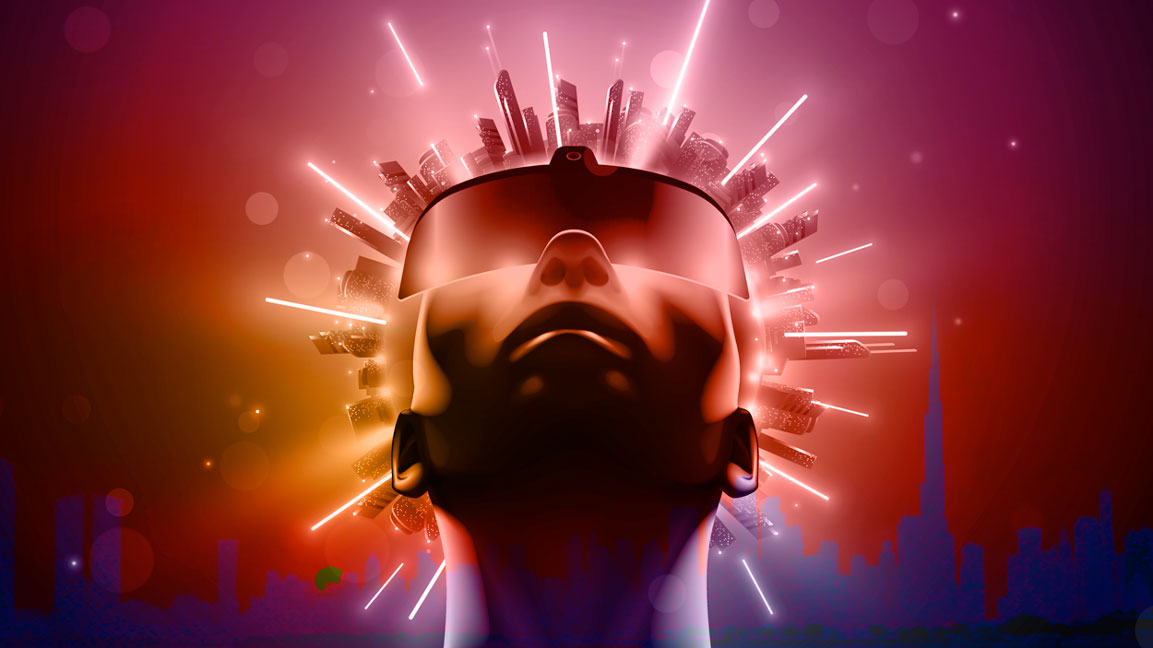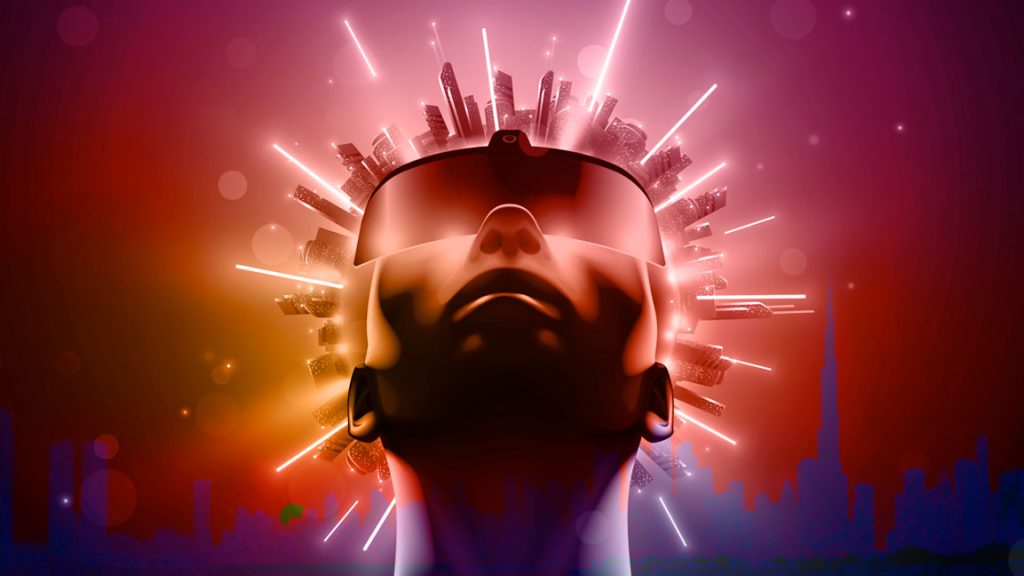
Exploring the economic potential of the metaverse
Metaverse is a virtual shared space where users can interact with each other and digital objects in a seemingly real way. In this article, we will take a closer look at the potential economic benefits of the metaverse and how they may shape the future economy.

As the technology and infrastructure for the metaverse continue to evolve, it presents new economic opportunities that are worth exploring. These opportunities range from virtual real estate and in-game currency to job creation and new business models.
Potential Economic Benefits
The potential economic benefits of the metaverse include:
- Virtual Real Estate
- In-game Currency and Digital Goods
- Job Creation
- Business Applications
Virtual Real Estate
Virtual Real Estate refers to the ownership and sale of virtual land and property within the metaverse. This can include virtual land in online games and virtual worlds, as well as virtual spaces used for socializing, conducting business, and more.
One of the key benefits of virtual real estate is that it can be bought and sold just like physical real estate, and can also appreciate in value over time. Virtual property can be used for a variety of purposes such as building virtual homes, creating virtual shops, or even developing virtual tourist destinations.
Online marketplaces like Decentraland and Somnium Space are examples of virtual real estate marketplaces where users can buy and sell virtual land.
Additionally, some companies and entrepreneurs are starting to invest in virtual property development, which could lead to the creation of new virtual neighborhoods and communities.
The potential for virtual real estate can create new opportunities for investment and development, as well as provide a new way for individuals to own and monetize digital property.
In-Game Currency and Digital Goods
In-game currency and digital goods refer to virtual items that can be bought, sold, and traded within the metaverse. These can include virtual currency used in online games and virtual worlds, as well as digital assets such as virtual clothing, weapons, and other items that can be used to personalize avatars and characters.
In-game currency and digital goods can be monetized in a variety of ways, such as through in-game purchases, microtransactions, and virtual marketplaces.
These virtual economies have the potential to generate significant revenue, as seen in games like Fortnite and World of Warcraft which have millions of players spending real money on virtual goods.
In-game currencies and digital goods can also be traded outside of the metaverse, through marketplaces like OpenSea, where players can buy and sell digital assets on the blockchain.
Overall, the potential for in-game currency and digital goods creates new opportunities for monetization and trade within the metaverse, as well as a new way for individuals to own and trade digital assets.
Job Creation
The metaverse has the potential to create new job opportunities in areas such as virtual event planning, content creation, and community management.
Virtual event planners, for example, could organize and host virtual events within the metaverse, such as concerts, conferences, and trade shows. Similarly, content creators could develop and sell virtual items, such as clothing and furniture, for use in the metaverse. Additionally, community managers could help to foster and maintain virtual communities within the metaverse.
As the metaverse continues to grow, it could also give rise to new job markets and career paths that we haven’t yet imagined. For example, virtual architects could design and build virtual structures, virtual cinematographers could film and produce virtual movies, or virtual personal stylists could help curate virtual wardrobes for avatars.
The potential for job creation in the metaverse could lead to new career opportunities and a wider range of job types, which could benefit both individuals and the economy as a whole.
Business Applications
The metaverse also presents new opportunities for businesses to engage with customers and improve their operations.
One potential application is virtual product demonstrations, where businesses can showcase their products in a virtual setting, allowing customers to interact with them in ways that would not be possible in the physical world. This could be especially useful for businesses selling complex or expensive products, such as cars or industrial equipment.
Another potential application is virtual training and education, where companies can use the metaverse to train employees in a simulated environment. This can be more efficient and cost-effective than traditional on-site training.
Additionally, businesses can use the metaverse for customer engagement, such as virtual customer service centers, or to host virtual events, such as product launches or press conferences.
In the future, the metaverse could also lead to new business models and revenue streams. For example, businesses could charge customers for access to virtual spaces, or to use virtual services like virtual personal shopping assistants.
The potential for business applications in the metaverse could lead to new ways for companies to improve their operations and engage with customers, which could ultimately drive economic growth.
Conclusion
The metaverse presents a range of potential economic benefits that are worth exploring. These benefits include virtual real estate, in-game currency and digital goods, job creation, and new business models.
Virtual real estate in the metaverse can provide new opportunities for investment and development, as well as a new way for individuals to own and monetize digital property. In-game currency and digital goods can be monetized in various ways, creating new opportunities for trade and commerce within the metaverse.
